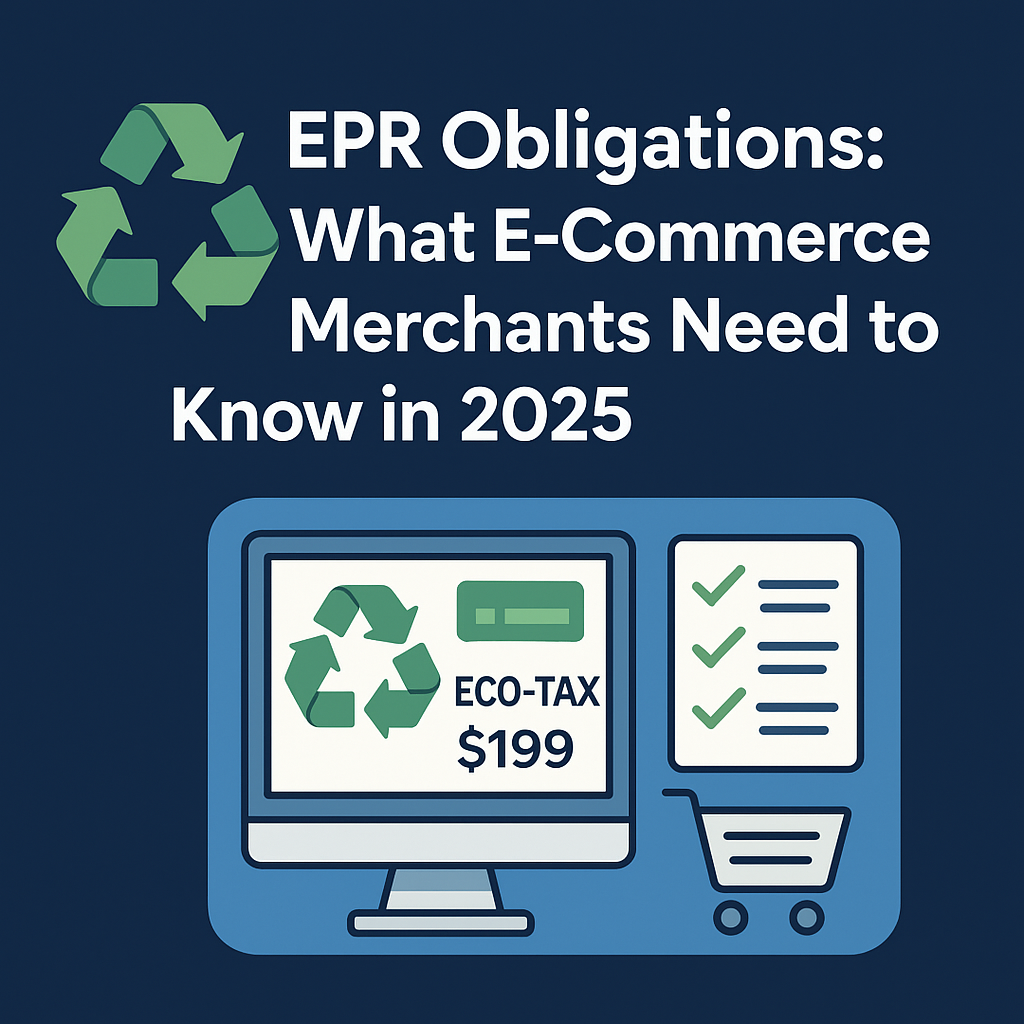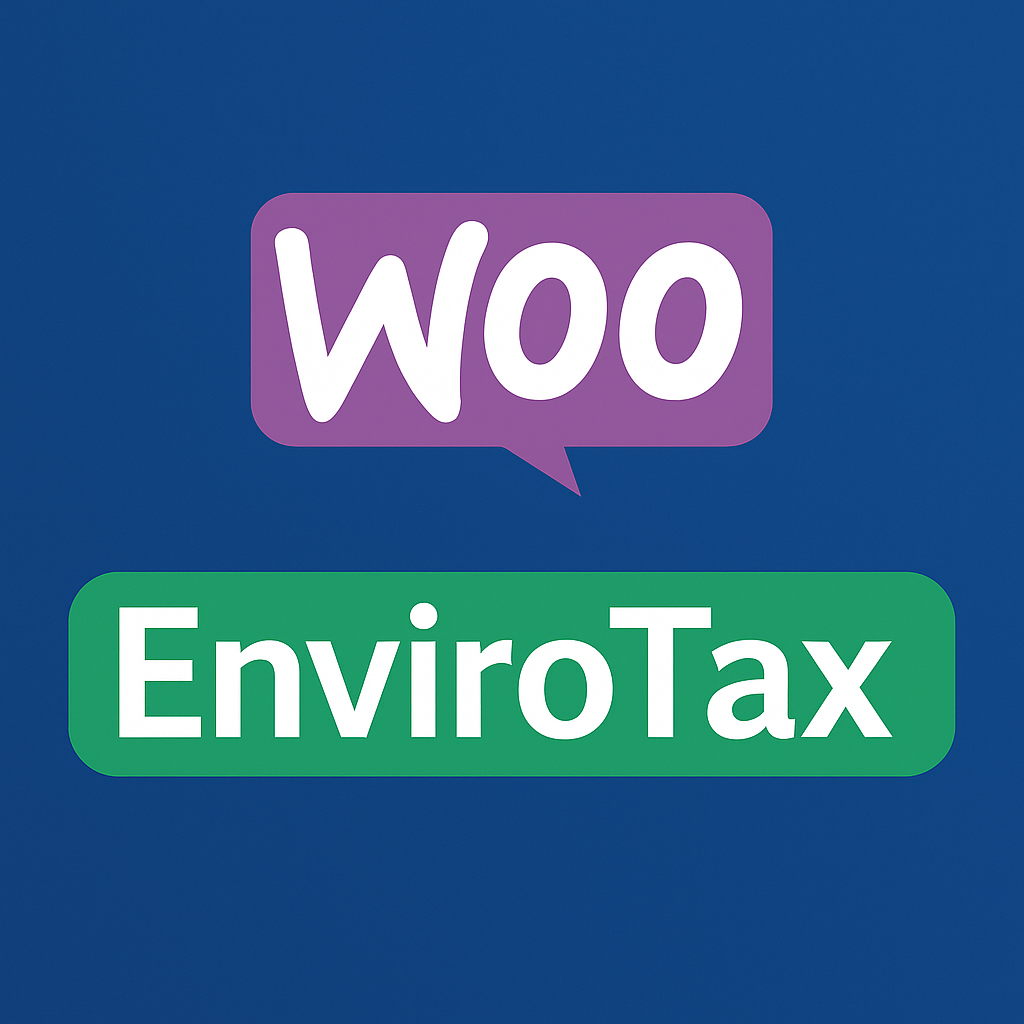🛡️ Extended Producer Responsibility (EPR): New Obligations for Online Sellers
Since 2022, Extended Producer Responsibility (EPR) has expanded to include new product categories. This reform directly impacts manufacturers, importers, brands, distributors, marketplaces—and of course e-commerce sellers, who are now required to clearly display the eco-contribution on their product pages, carts, order summaries, and invoices.
🔍 What is EPR?
Extended Producer Responsibility (EPR) requires any actor placing products on the French market to finance their end-of-life management (collection, sorting, recycling). This is done through an eco-contribution paid to a certified eco-organization.
📦 Which new product categories are affected?
Following the progressive implementation of the AGEC law, the following sectors have been created or expanded:
- 🎁 Toys: plushies, electronic games, puzzles, etc.
- 🏀 Sport and leisure goods: rackets, skis, bikes, sports bags, etc.
- 🏗️ Construction products and materials (PMCB): tiles, partitions, insulation, etc.
- 👕 Textiles: clothing, footwear, home linens
- 🔧 DIY and garden tools: lawnmowers, tools, sheds, pots, etc.
These categories add to the traditional sectors like electrical appliances, furniture, and e-waste.
📌 What are the obligations for producers or sellers?
- Register with a certified eco-organization such as Citeo, Ecologic, Valdelia, Refashion, etc.
- Declare the marketed units and pay an eco-fee for each item sold.
- Display the eco-contribution clearly on product pages, order summaries, invoices, and sometimes physical labels.
🛠️ How to comply effectively?
For online sellers, these requirements often mean technical updates. Fortunately, solutions like EnviroTax for WooCommerce help you:
- Create eco-contribution rules for each type of product
- Automatically display the correct amount where legally required
- Generate compliant invoices
- Export data for declarations to eco-organizations
✅ Why it’s also an opportunity
Although EPR is a legal requirement, it can become a strategic advantage:
- 💬 Transparency: Customers understand what each cent covers
- 📈 Trust: Demonstrate your legal compliance
- ♻️ CSR Commitment: Highlight your sustainability efforts
- 🔍 SEO Boost: Enriched and structured product content
🧾 Example:
You sell a scooter for €199, subject to a €1.80 eco-contribution (sports category). You must display:
Price: €199 incl. tax, including €1.80 eco-contribution (sports goods)
This amount must also appear in the cart, order summary, and invoice.
📌 Conclusion
The expansion of EPR categories requires e-merchants to professionalize their environmental tax compliance. Managing eco-fees properly is not just a requirement—it enhances transparency, credibility, and brand image.
➡️ Want to automate eco-contribution management for WooCommerce?
👉 Discover EnviroTax


